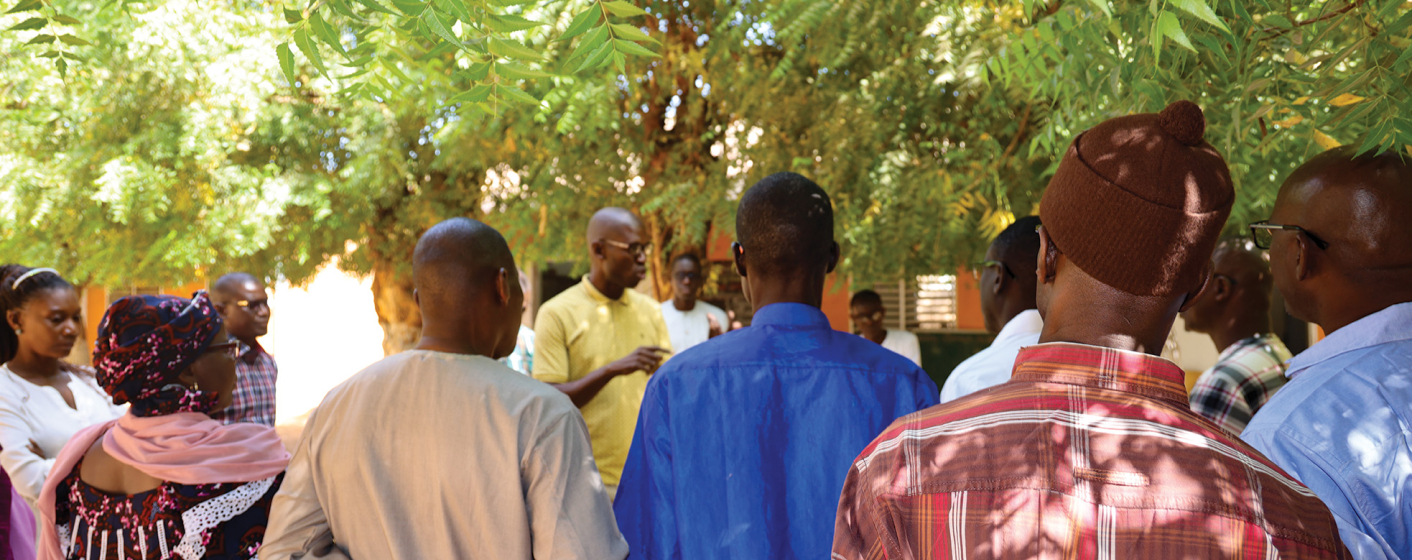Polemag #33: Responding to the Learning Crisis
EDITO - THERREZINHA FERNANDES KINKIN, HEAD OF OFFICE, IIEP-UNESCO DAKAR
Since the 2000s, the mission to make education accessible to all has triggered a historic wave of school enrolment in Africa. Countries and their partners have mobilized, enabling millions of children to access education. However, one question persists: are these students acquiring the required level by the end of their basic education? The statistics speak for themselves: at the end of primary school, 70 per cent of 10-year-olds can barely read a simple text, and some can’t even write their own names.
Confronting this learning crisis, the Dakar office of UNESCO’s International Institute for Educational Planning (IIEP) launched a programme in 2018 to support education quality management in sub-Saharan Africa, with the support of the French Development Agency (AFD). To remedy the underlying causes of school failure, this programme instituted a new method of identifying problems and innovative initiatives within the system, in collaboration with educational communities. As part of the programme’s methodology, the ministries of education in the partner countries have sent teams of executives into the field. Their immersion in schools, academic inspections, and ministries generated crucial insights into the strengths and weaknesses of educational systems and the professional practices of stakeholders.
Over a period of six years, 15 countries have benefited from this programme which, following the identification phase of problems and innovative initiatives, has led to proposals for improvements that have been tested in practice with the support of IIEP. Senegal, for example, has noted the lack of pedagogical support for its teachers and has developed ways of improving monitoring.
Similarly, Niger has become aware of the inadequate use of its education data and is now planning communal meetings between mayors, teachers, and parents to find solutions to the difficulties identified through reliable analysis of school data. Teams trained by IIEP then identified an inspiring approach involving forming small working groups supervised by student tutors. What was once a spontaneous response to problems of overcrowded classes and lack of learning time is now a method validated by teacher training institutions.
The success of IIEP’s approach is also evidenced by support for national training institutes for education management bodies to create training modules on quality management for the benefit of national officials, thus ensuring the sustainability of achievements.
With the end of the programme scheduled for June 2024, our institute is now working to integrate the wealth of this experience in supporting the steering of education quality into its offering – in line with its first priority of improving learning through planning and management – in order to assist countries in establishing the essential conditions for the success of all children.



